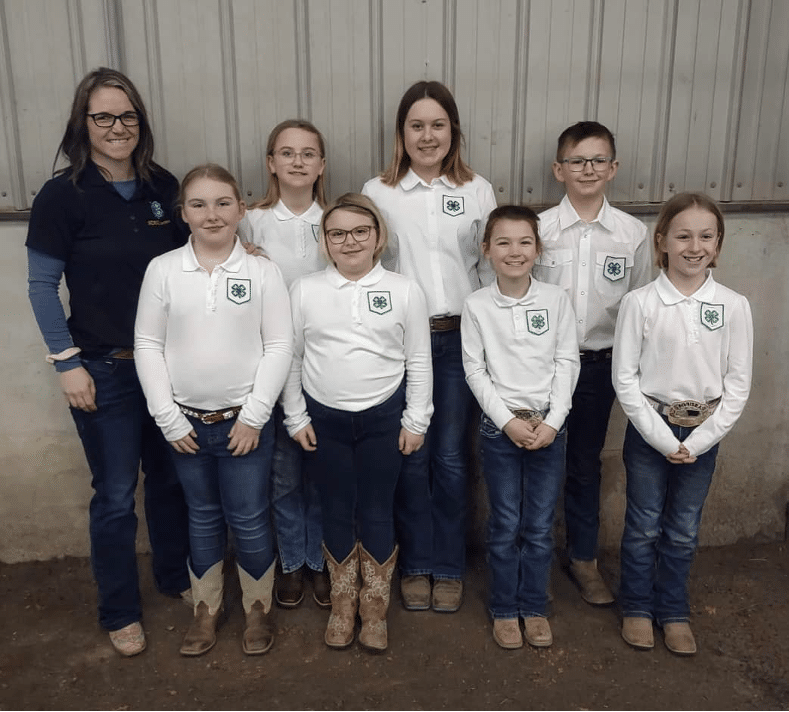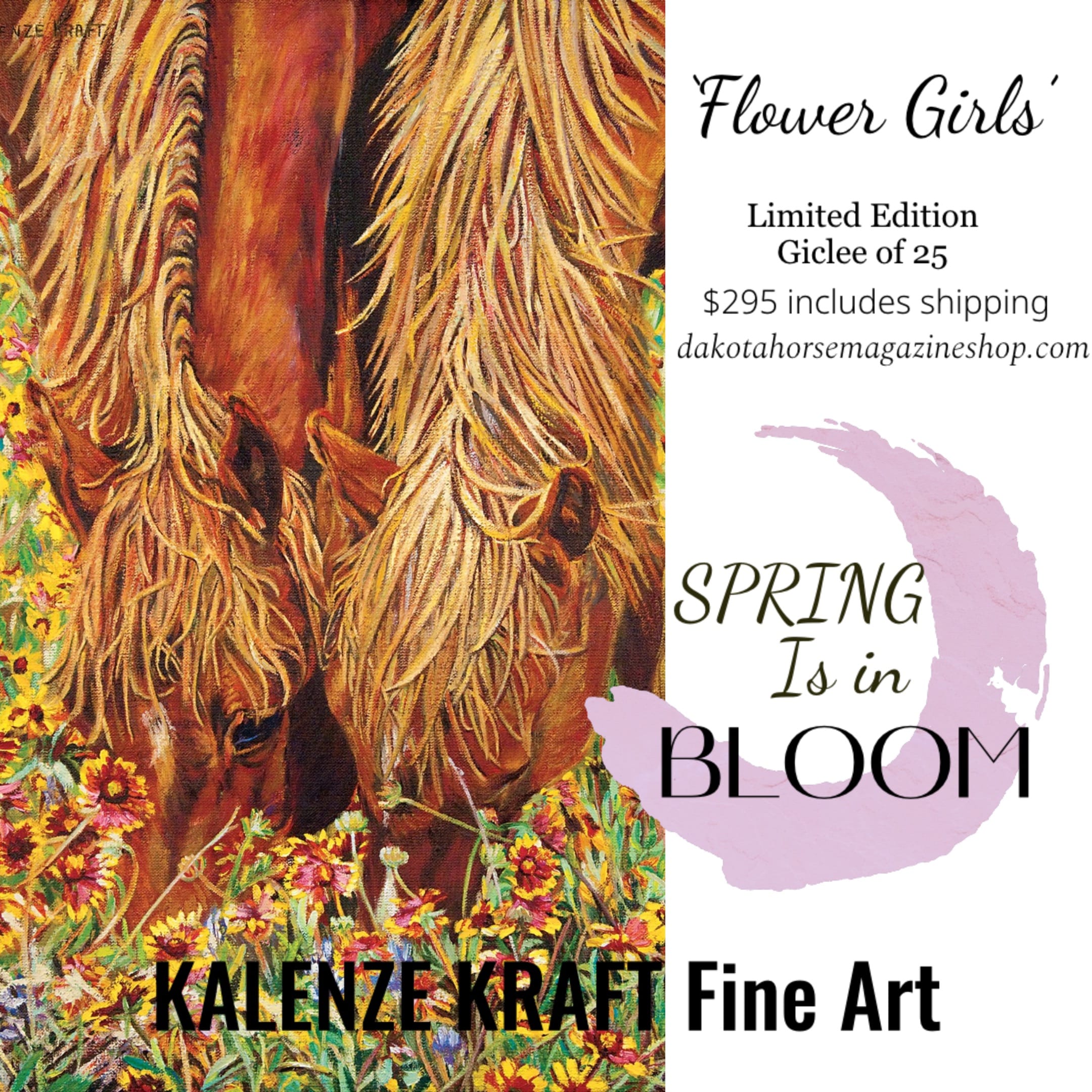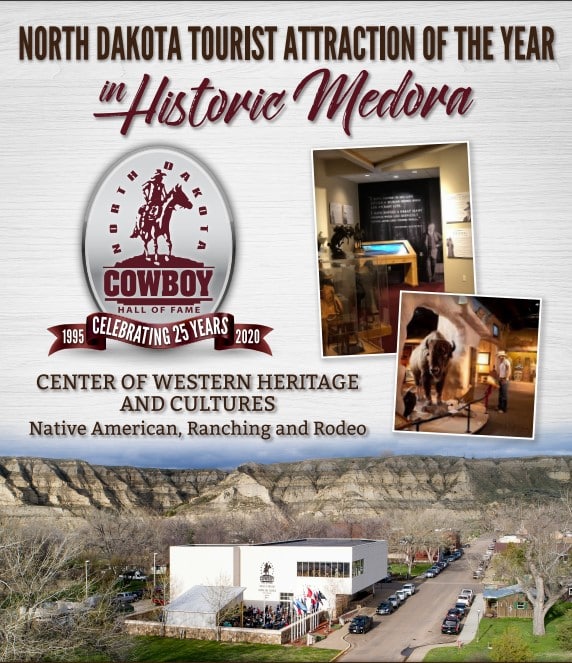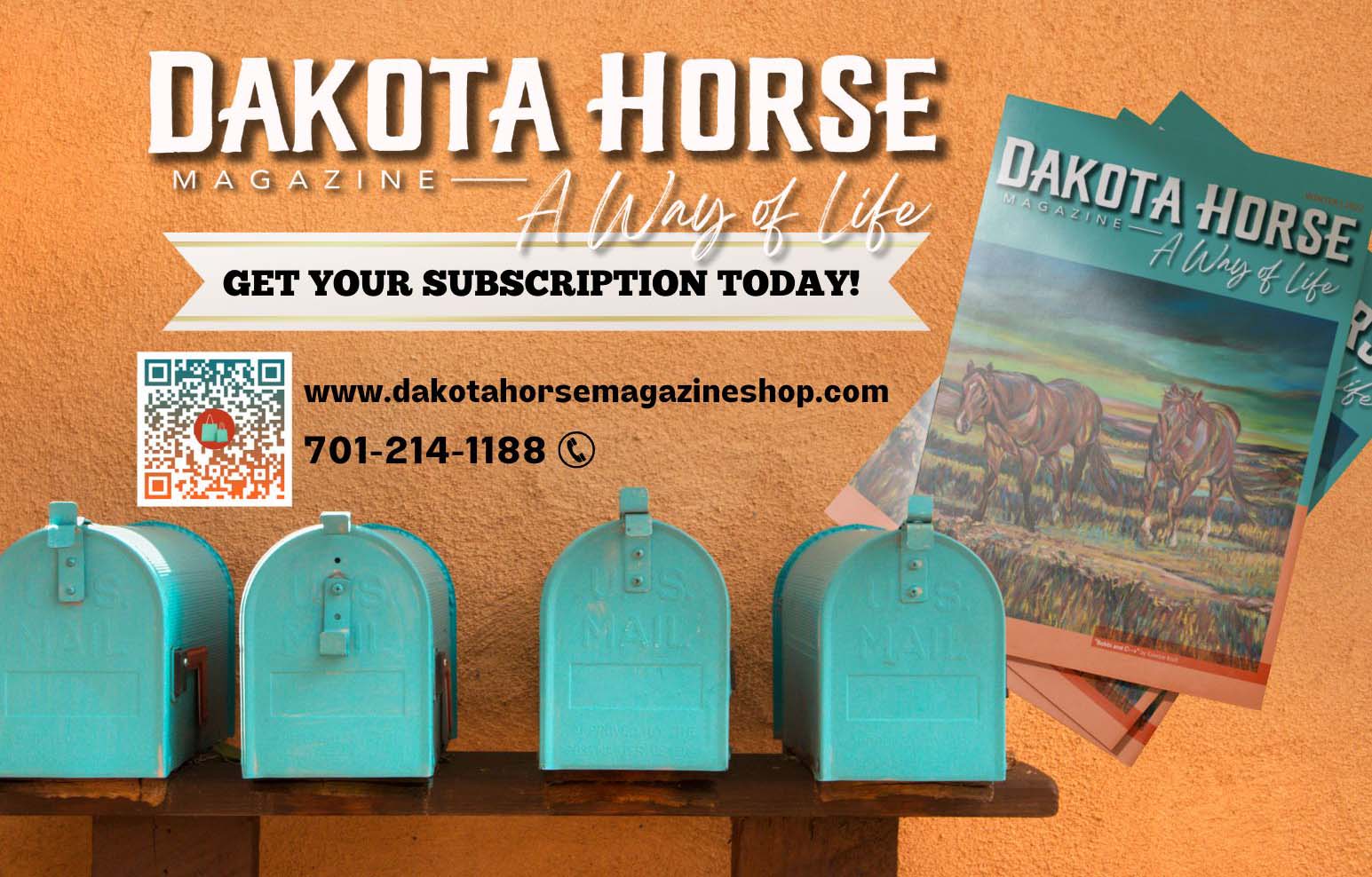The 2022 Sheridan County 4-H Hippology judging team members that competed at the North Dakota State 4-H Hippology contest [Photo: submitted]
The holiday season came and went in a blink of an eye!! I hope everyone started their new year off on the right foot!
The beginning of January brings Sheridan County 4-H to the start of its 4-H winter judging season practices. This time of year the youth are excited and anxious for their first contest of the year. Some may set personal or team goals for the year or for each contest. The grand finale to judging season is the state 4-H contest, usually in March or April depending on the contest. 4-H members attend practices weekly and contests on the weekends across the state to prepare them for state. Last month I mentioned the three winter judging contests; hippology, livestock judging, and crop judging. This month I am going to concentrate on one specific area: 4-H horse events.
Horse events can be broken down into more specific contests: hippology, horse judging, quiz bowl, horse demonstration/illustrated talk, and horse public speaking.
Let’s get started talking about hippology, and no, I don’t mean the study of hippopotamuses. The term hippology comes from the Greek ‘hippo’ meaning horse and ‘ology’ meaning the study of. Like all of the horse event contests, hippology is a program that allows youth to learn more about horses and exhibit their knowledge of equine science, without actually having to own or have access to a horse.
The 4-H hippology contest is broken down into four different phases: examination phase, station phase, judging phase, and team problem.
Usually junior contestants will compete together throughout the entire contest as a team of 3 or 4 members doing all phases together. Intermediate and senior contestants will complete the horse judging, stations, and exam individually and combine together for the team problem. There is a wide variety of topics that participants study to prepare themselves for the different hippology phases.
Topics include but are not limited to: equine breeds, colors, western and English tack/equipment and parts, feeds/nutrition, body part identification, parasites, reproduction, anatomy, genetics, health, age of equine based on teeth, vitals, blemishes, and so much more.
The exam phase is usually 50 questions that may be multiple choice, true/false, or matching. The team problem is one of the favorites for my hippology judging kids. The team is presented a horse related problem/situation, and they have 10 minutes to discuss and prepare their solution/presentation. Immediately following, they have 5 minutes to present their solution orally, each member of the team is encouraged to contribute. The team is evaluated and scored based on the understanding of the problem, completeness of the response, the probability of success of the solution, and team involvement. The judging phase of hippology may have several classes of horses to place, oral reasons are NOT a part of the hippology contest. I will talk more about this phase below when I discuss the horse judging contest.
Horse judging is a phase in hippology, but it is also a stand-alone contest in 4-H. In both contests there are halter and performance horse classes, with four horses in each class. The horses in a halter class are judged on conformation, balance, muscling, breed characteristics, and soundness. Performance horse classes may compete in western horsemanship, hunt seat equitation, trail, western pleasure, hunter under saddle, reining and/or ranch riding. While judging performance horse classes, there are a variety of aspects to evaluate including frame, head carriage, pattern correctness, gaits, movement and function, and finesse. All horses in each class are evaluated and placed in the order with the best as the top horse in the class, and the poorest as the last or fourth place horse. Horse judging must present oral reasons on several classes or horses that were judged. Oral reasons are prepared and given to a judge. The contestants will support and give reasoning on why they placed the class of horses the way they did. Oral reasons are scored on content, accuracy, emphasis, completeness, terminology, and presentation.
Horse quiz bowl is another contest that is held throughout the winter months and at the state level. Quiz bowl provides youth an opportunity to demonstrate their knowledge and understanding of equine-related subject matters in a competitive setting. Teams compete in a single or double-elimination format by giving oral answerers to questions posed by a moderator after answering by pushing the buzzer first. Each match has an individual one-on-one and a toss-up question round. This is done in a bracket format with all teams.
The last area of horse events is the horse demonstration/illustrated talk and public speaking. These events are held at the state contest. The 4-H horse public speaking contest is designed to encourage youth to discuss something related to horses and the horse industry. There are no visual aids used in this contest, however contestants may use notes. Speeches should be original and constructed by the 4-H member. The speech should range between 3 to 5 minutes for juniors and 7 to 10 minutes for the senior division. 4-Hers and their speeches will be scored on introduction, organization, content and accuracy, stage presence, delivery, and conclusion.
The 4-H horse demonstration contest encourages youth to teach others how to do something related to horses while using visuals and equipment correctly. While giving their demonstration, the contestant is describing to the audience ‘how to’ do a particular activity by teaching a step-by-step procedure to reach an end result. While an illustrated talk is similar, it is a presentation of an idea or topic of the horse industry that uses visual aids to convey the message. Presentations of these contests should be 9 to 12 minutes for seniors and 3 to 8 minutes for the junior division. Presentations are scored on introduction, organization, content and accuracy, stage presence, delivery, effect on audience, and summary.
By participating in these horse event contests, youth will increase their level of equine knowledge, become responsible and educated horse people, build strong leadership skills, gain valuable communication and decision-making skills, develop self-confidence and excellent teamwork skills.
My goal with coaching our youth in Sheridan County 4-H in the above-mentioned horse events is to empower them to seek out a higher education opportunity, find a career related to equine science, or become a knowledgeable and successful horse owner. My passion for horses started as a little girl and her pony, which molded into my career in agriculture and current career as a County Extension Agent helping adults and youth further their knowledge with agriculture and animal/equine science and raising my own herd of horses.
Our Sheridan County 4-H hippology judging team kicked off practices in December and will travel to our first contest January 28 in Burleigh County. Good luck, kids, and don’t forget to have fun!
If learning about these horse event contests has sparked your interest or sounds like something you would be passionate about, make sure you contact your local NDSU Extension Office today to find out how you and/or your youth can join 4-H to be part of a team. It’s never too late to join.
**Information regarding the horse event contests was compiled from the NDSU ND 4-H Youth Development website and Google Drive.
Sarah Crimmins is originally from Northwestern Montana where she grew up with cattle and horses. Competing at her county 4-H Horse Shows and competing at Montana High School Rodeos led her to compete at the collegiate level for the Montana State Bobcats Rodeo Team. She moved to North Dakota after graduation and met her husband, Eric. They have two daughters and call McClusky, ND home, where she is the Sheridan County NDSU Extension Agent.





